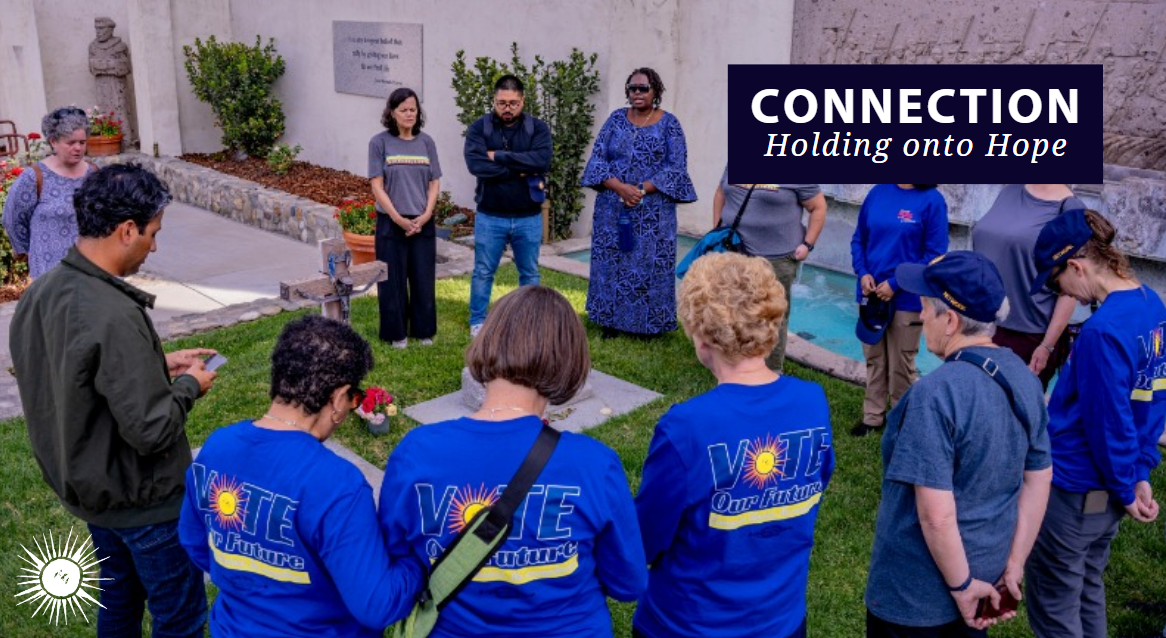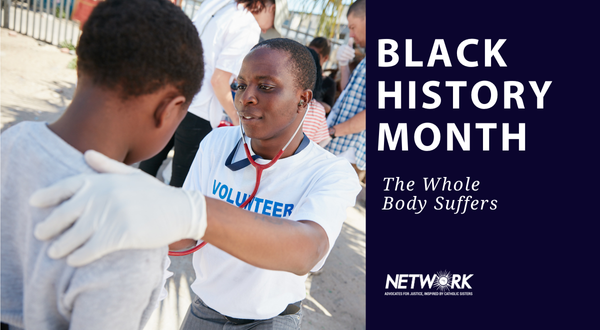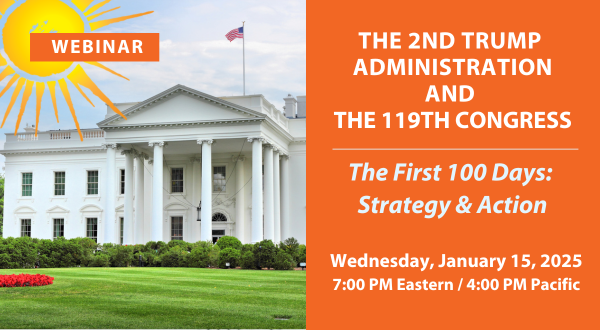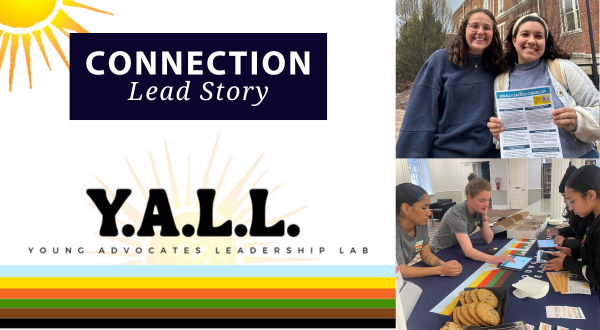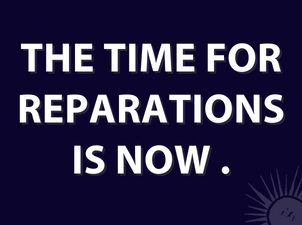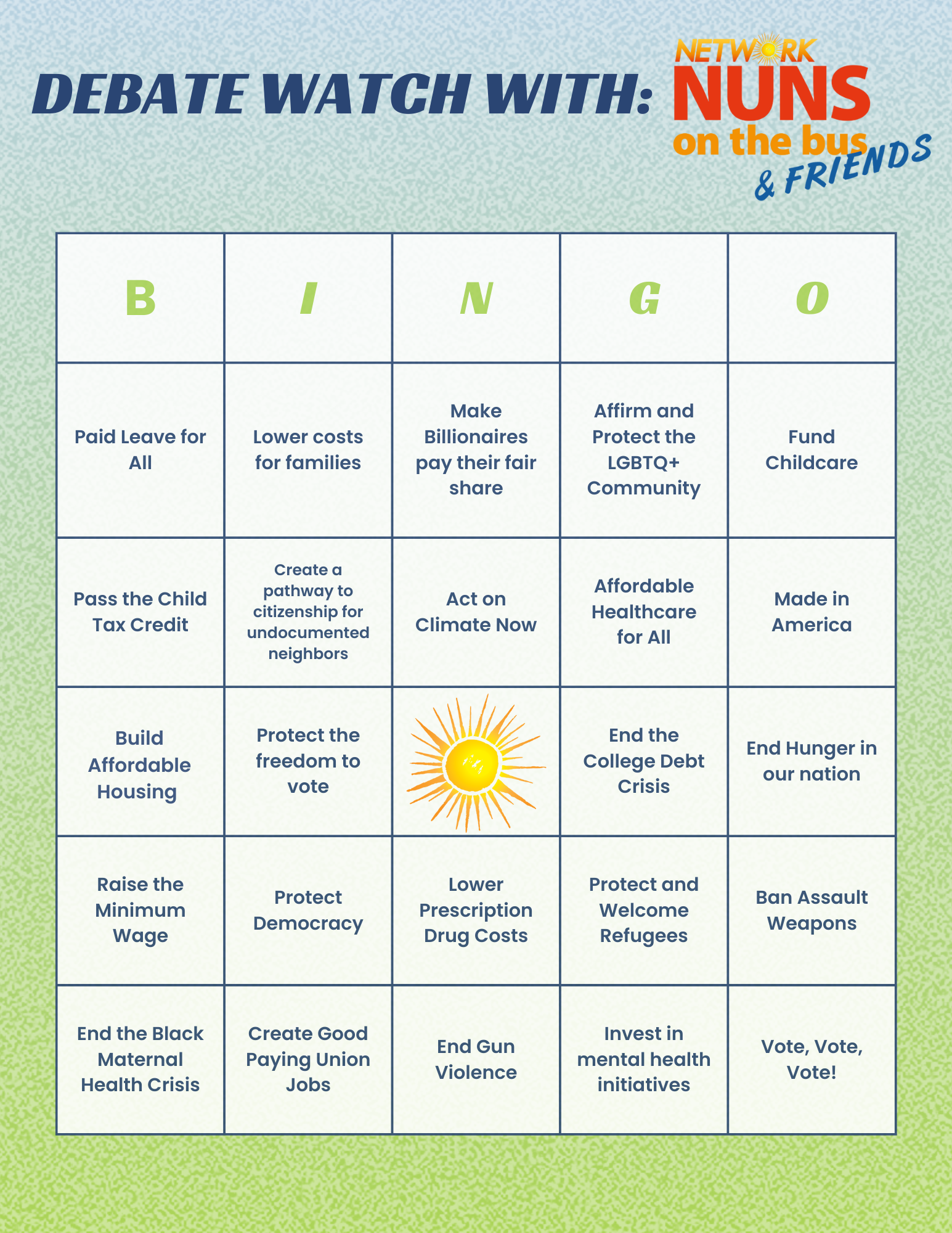
Voting and Democracy
It is every citizen’s right and responsibility to participate in the political process. Federal policy should not disenfranchise any individual or community.
Our Position
Our Catholic faith teaches that we have a responsibility to participate in politics out of a concern for, and commitment to, the good of the community. This responsibility to participate means each person also has a fundamental right to participate, and must be equipped with the resources to do so with confidence.
Our legislators cannot decide that some are not worthy of participating in democracy. All citizens, regardless of race, ethnicity, sex, religion, ability, class, or national origin are entitled to equal protection of the right to vote. However, when states enact burdensome or restrictive voter requirements or redraw districts unjustly, not all people are able to participate equally. Only when all have an equal voice at the table will the common good be realized, and we will be a nation “of the people, by the people, and for the people.”
NETWORK Advocates for Federal Policies That:
Guarantee all citizens the right to vote without facing procedural obstacles.
Since the 15th amendment secured the right of African Americans to vote, state and local governments have continuously passed discriminatory laws that disenfranchise voters under the guise of reducing voter fraud. Voter ID laws and other election practices have disproportionately affected people of color, elderly citizens, young voters, low-income citizens, voters who are homeless, and people with disabilities.
Congress must ensure the 15th amendment, 19th amendments, and Voting Rights Act of 1965 are upheld. To make the voting process easier, alternative voting methods such as early voting and vote by mail should be enacted for individuals who cannot vote in person on Election Day.
Simplify the voter registration process and make it as inclusive as possible.
Often, deadlines vary from state to state affecting a voter’s ability to register. While policies enabling registration at the Department of Motor Vehicles have improved access to registration in some states, processes are confusing and confirmation of successful registration can be difficult.
To facilitate voting, we must make voter registration available to all. Voter registration must reach across language barriers and remote locations. States should provide election materials in multiple languages, implement, and protect same-day voter registration, which is proven to increase voter turnout.
Restore and strengthen the Voting Rights Act of 1965.
In 2013, the Supreme Court ruled in Shelby County v. Holder that the formula for determining which states must undergo federal review before making changes to their voting laws was outdated. Since then, this ruling allowed states with a history of voter discrimination to enact new laws and restrictions without accountability. As a result, dozens of new voter restrictions have arisen since the ruling and shifted the burden onto individual voters to prove the discrimination against them. While the restrictions are challenged in court, the election results stand.
We must renew and strengthen the Voting Rights Act to ensure voting laws do not discriminate against communities of color and other disenfranchised voters.
Draw congressional districts fairly.
Gerrymandering, a partisan way to manipulate district boundaries to favor a particular party, continues to be an obstacle in achieving fair representation. Gerrymandering uses Census data to consolidate or distribute the votes of particular groups, dividing towns and neighborhoods in a way that provides partisan advantage or disadvantage.
To achieve representative elections, the Census must be fully-funded and responsibly executed. Then, independent commissions free of political bias should be responsible for using that data to redistrict fairly to ensure just representation.
Make members of Congress accountable to their constituents, not donors.
Our current election process dramatically weakens the individual’s political power in favor of the wealthiest individual and corporate donors. Politicians are often forced to seek out financial support from donors and special interest groups who are out of tune with the daily reality of most voters. In fact, these special interests often counter the common good.
We must reform campaign finance to increase the power of individual voters and reduce the power of wealthy donors and special interest groups.
Strengthen voters’ faith in the results of our elections.
Recent investigations show that our election systems are vulnerable to interference by outside actors. There have been repeated warnings about ongoing efforts to undermine the integrity of our elections. States need assistance to counter sophisticated foreign attacks on our election security.
Voter registration data and election systems must be securely maintained, auditable, and operated only by trained administrators. The federal government plays an important role in ensuring that every vote is cast and counted accurately.








